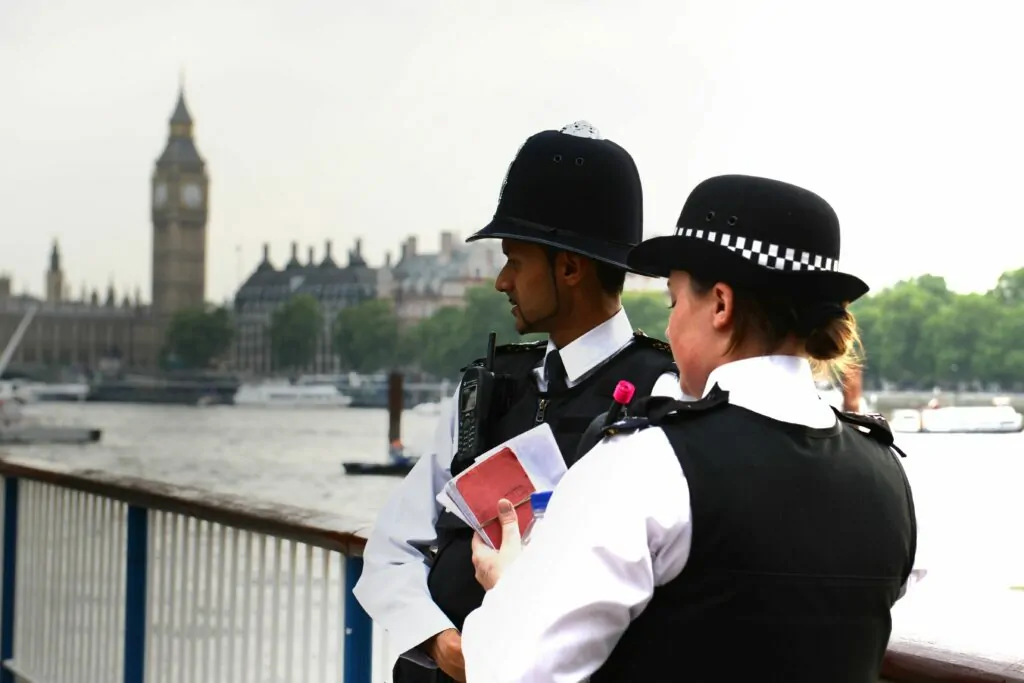Cautions (technically, ‘simple cautions’) are used by police to deal with low-level criminal offending, usually by first-time offenders. The caution is an ‘out of court disposal’. Use of a caution avoids the need to charge a person and initiate a prosecution, which is the route to a conviction.
Whilst cautions are considered to be ‘less serious’ than convictions, a caution can have potentially serious implications for the person who accepts it, and we are frequently contacted by people who are surprised at the implications of accepting a caution which they had believed to be simply ‘a slap on the wrist’.
The police are required to follow a series of steps before a caution is issued. These include (but are not limited to) explaining the implications of accepting a caution, such as:
- That accepting a caution is an admission of guilt and that it will form part of the recipient’s criminal record.
- That the record of a caution will be retained by the police for future use and might be referred to in future legal proceedings and might be revealed as part of a criminal record check.
- Ask that the caution might have implications for travel abroad, in particular where countries require entry visas and asked that simple cautions be declared.
If a person raises a defence, even if they also accept guilt, a caution will not be appropriate.
If a person decides that they do wish to accept the caution the administering police officer must:
- Ensure that they understand that they do not need to make an immediate decision (they could go away and think about it).
- Ensure that they have had the opportunity of receiving free and independent legal advice.
- Confirm they consent to receiving the caution in which case they must sign a form confirming so, a copy of which they can take away with them.
Any failure to comply with these steps could render the caution subject to a legal challenge. It is extremely important that such legal challenges are instigated as soon as possible after the caution was issued (and no later than three months after the caution was issued).
Once issued, cautions are recorded on the Police National Computer (PNC) which is a national database that can be accessed by police forces around the country.
Cautions become ‘spent’ (under the Rehabilitation of Offenders Act 1974) immediately, so the recipient can answer ‘no’ in a job interview if asked whether they have any cautions (but note that this applies only if: the job is not one for which a standard or enhanced criminal record certificate is permitted unless the caution is eligible for ‘filtering’) (see our blog on the Rehabilitation of Offenders Act 1974).
A caution will usually be ‘filtered’ from an adult’s criminal record after six years. Before then, it will be automatically disclosed on criminal record certificates (also known as a Disclosure and Barring certificates or DBS certificates). For more on filtering see our separate blog.
However, some offences are never eligible for filtering from criminal record certificate since they are considered to be so serious (see the list of offences that will never be filtered). This is surprising to many people since it could be asked if the offence was sufficiently minor that a caution was considered appropriate, how can it also be so serious that it is never filtered? That is a good question which is presently under consideration by the Supreme Court which heard a challenge to the filtering rules in June 2018. The judgment is expected at the end of 2018 or in early 2019.
The list of offences that will never be filtered is very long. It includes some extremely serious offences for which cautions would never be issued. It also includes some offences for which cautions are commonly issued in relation to minor incidents, such as low-level ABH (for example, school playground fights where a child might have received a ‘reprimand’ which is the childhood equivalent of a caution). Other common offences that will never be filtered are many sexual offences, violent offences and drug offences.
Aside from filtering, there is another route to obtain a DBS certificate free of cautions, which is to make representations to the police force that issued the caution(s) setting out why their continued retention and disclosure is not proportionate, using human rights arguments. Although the process can take some months (due to police backlogs), it can often lead to a caution being expunged.
We have a proven track record in persuading the police to delete cautions by issuing judicial review proceedings and using the representations procedure.
Please get in touch if you would like further information.
